Part 2: Building Apps More Efficiently and Following Best Practices with Copilot
Welcome to part 2 of 4 of our special blog series where we share details on our interview with Ryan Cunningham, the Vice President of Power Apps at Microsoft. We had the privilege of talking with Ryan during Microsoft Ignite in November 2023. During our conversation, we touched on a variety of topics around Power Apps and Copilot, and this series will break down the insights and announcements that were made at Ignite around Power Apps.
What does the series include?
- Part 1: Evolution and Impact of Power Apps and AI Integration
- Part 2: Building Apps More Efficiently and Following Best Practices with Copilot
- Part 3: Enhancing User Experience with Power Apps
- Part 4: Decision-Making and Learning in the AI-Enhanced Development Landscape
Part 2: Building Apps More Efficiently and Following Best Practices with Copilot
In this post:
- Copilot is making Power Apps more accessible for citizen developers by making app development more efficient
- Copilot is guiding users toward best practices within the Power Platform
- Citizen developers don’t necessarily need to understand underlying code when using low-code platforms, or Copilot, to build applications
How will Copilot integration into Power Platform, especially with the capability to build tables and model-driven apps, impact the efficiency and accessibility of app development?
Ryan: Copilot integration is already significantly enhancing the efficiency and accessibility of app development within the Power Platform. By enabling users to quickly create tables in Dataverse and subsequently generate model-driven apps, we’re simplifying what was previously a complex process. This integration not only accelerates the development cycle but also makes app creation more accessible to a broader audience, reducing the learning curve. With Copilot’s assistance, users can focus more on the functionality and less on the tedious aspects of app design, making the development process both faster and more intuitive.
How do Copilot and Power Platform ensure users start their app development projects following best practices, especially regarding data management and app design?
Ryan: Copilot and Power Platform guide users towards best practices by defaulting to robust and scalable solutions like Dataverse for data management. This approach not only simplifies the development process by reducing the need for deep technical database knowledge but also ensures that apps are built on a solid, secure, and scalable foundation. By integrating best practices directly into the user experience and leveraging modern, responsive templates, the platform removes decision points that might lead to less optimal outcomes, ensuring users start their projects on the right foot.
Is it essential for citizen developers to understand the underlying code, like PowerFX, when using tools like Copilot to build apps?
Ryan: Not necessarily. The philosophy behind low-code platforms and tools like Copilot is to elevate users beyond the need to deeply understand or manage lower-level coding details. This abstraction enables greater efficiency and innovation by allowing users to focus on solving business problems rather than coding complexities. However, a basic understanding of the underlying principles can enhance a user’s ability to leverage these tools effectively and creatively. Copilot can also serve as a learning tool, helping users to gradually understand PowerFX by example.
